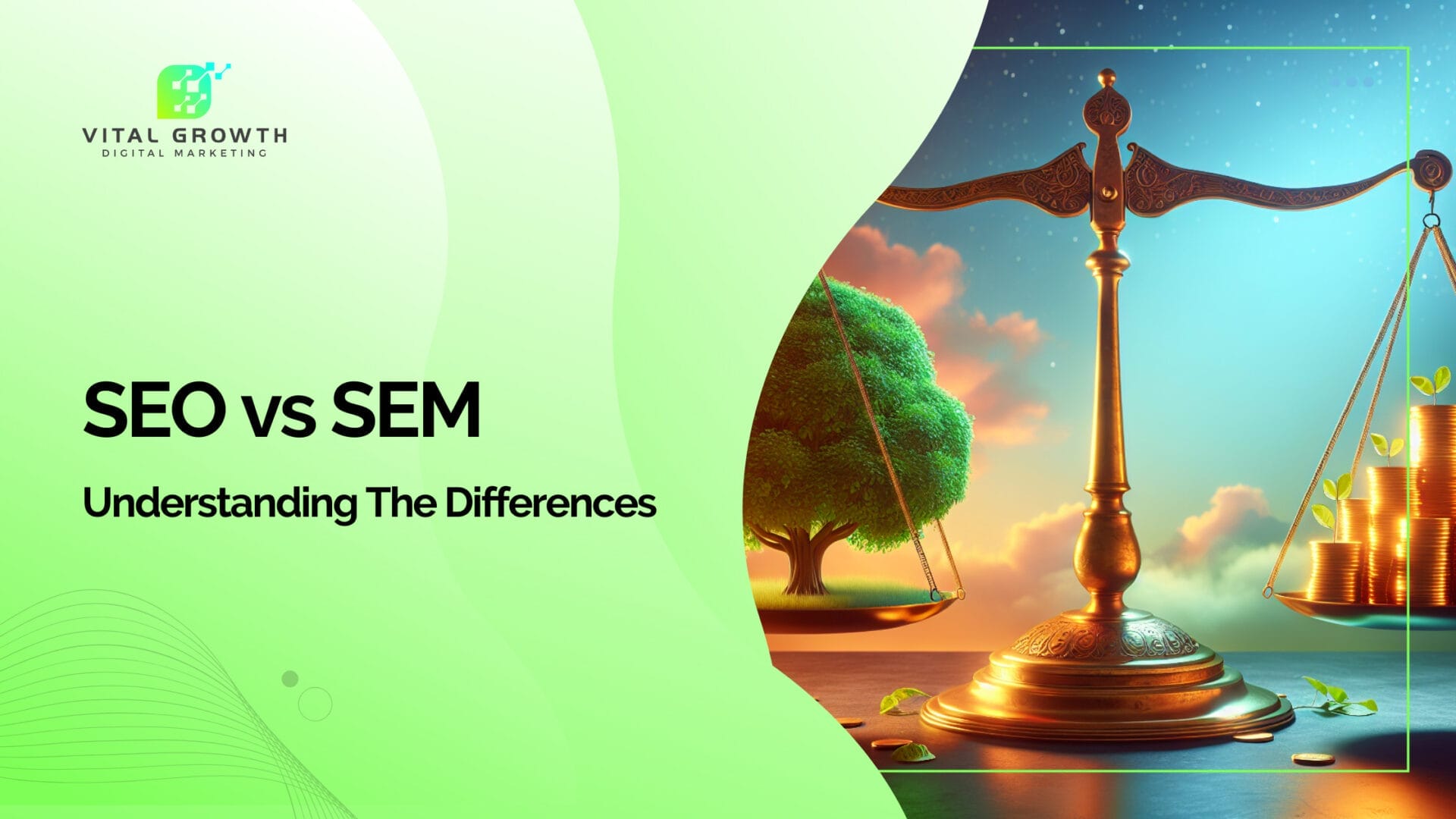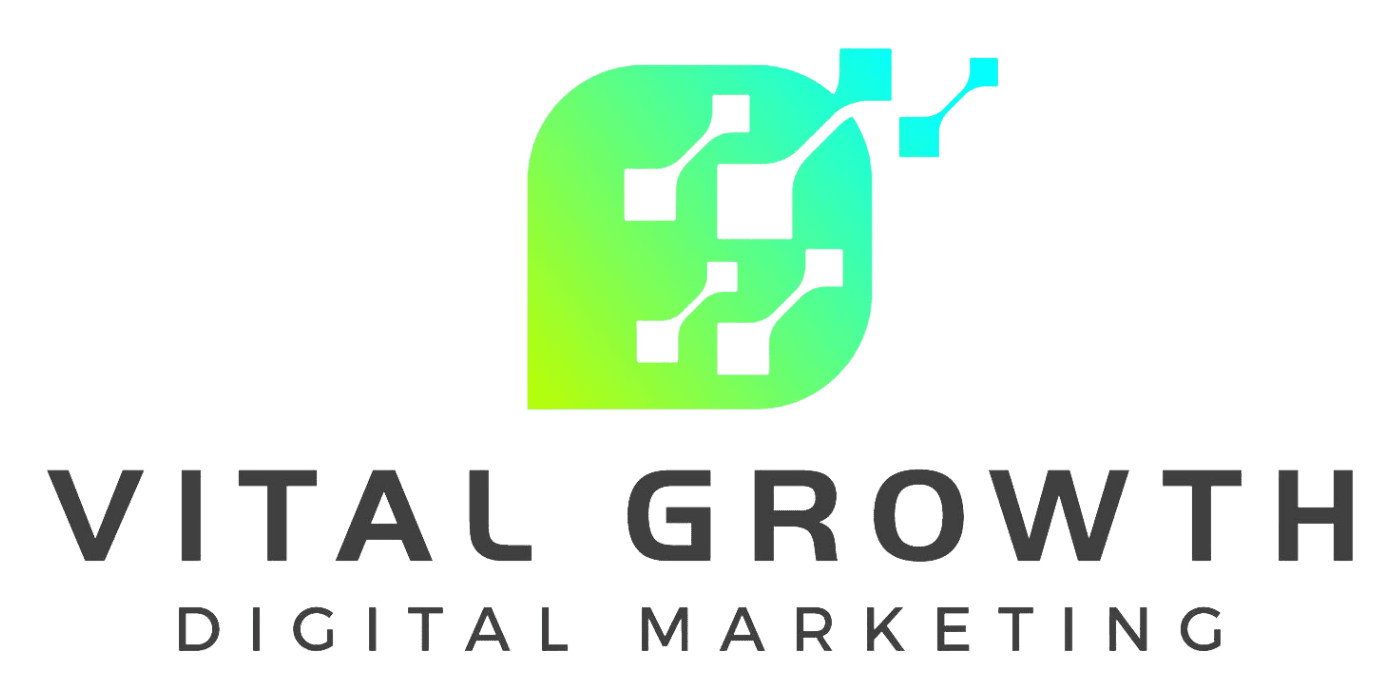Search engines are sophisticated tools that use advanced technology and a focus on user experience to provide relevant answers to user queries. Learning about search engines’ inner workings offers distinct advantages to those seeking increases in site traffic.
This article explores how search engines function, detailing their core purposes, various types, and the key processes that drive them. We will discuss the particulars of search engine algorithms, examine the criteria determining website ranking, and discuss strategies for optimizing web content to enhance visibility.
Additionally, we’ll look at the evolving landscape of search technology, considering the impact of voice search and artificial intelligence on the future development of these tools.
Key Takeaways
- Search engines help you find the best answers to your questions by using a series of steps known as crawling, indexing, and ranking.
- If you want your website to be easily found on search engines, it’s important to have quality links leading to your site, to optimize your content, and to keep your users engaged.
- Future technological developments, like voice recognition and artificial intelligence, are set to change how we use search engines, making them even more personalized and efficient.
Understanding Search Engines
Search engines are the guiding compass of the internet, helping users navigate the vast quantities of web content. They act as databases of web pages, providing relevant results in response to user queries.
So, how do search engines work? They generate a Search Engine Results Page (SERP) ranked according to relevance and search engine optimisation (SEO) factors by sifting through their extensive databases for pages that correspond to the search term entered by the user.
While numerous search engines are available, Google has become synonymous with web search due to its innovative features and personalized search results. Google’s success lies in its ability to use data such as the user’s location, language, and search history to create search results for each user, enhancing the search experience and setting it apart from other search engines.
One of the key factors contributing to this success is the Google index, a huge database that allows for quick and accurate retrieval of information.
The Purpose of Search Engines
The primary goal of search engines is to offer users the most relevant and high-quality results for their queries. Search engines rank pages based on relevance, quality, and user experience, with varying algorithms employed across different search engines. For global website visibility, ensuring that search engines index all the content you want to be indexed, not just your homepage, is crucial.
Search engines bridge users and the web, guiding them to the most relevant and superior results for their inquiries. As the internet’s gatekeepers, search engines play a crucial role in shaping the digital landscape and influencing the strategies of website owners and marketers alike.
Types of Search Engines
Aside from general search engines like Google, which offer a broad range of content, some niche search engines focus on specific topics or industries. Niche search engines, such as Studybyte, Occamm, and Memegine, provide more precise and specialized results for particular user requirements. Despite having a more limited index of websites, these niche search engines maintain a vital role in the broader search ecosystem.
SEO strategies for niche search engines differ from those for general search engines like Google. Some factors to consider when developing SEO tactics for niche search engines are:
- Targeted keywords
- Specialized content
- Niche directories
- Less competition
These strategies require a more targeted approach to generate more visibility within the specific niche market.
The Three Pillars of Search Engine Functionality
The inner workings of search engines can be distilled into three primary functions:
- Crawling,
- Indexing
- Ranking
These functions are the foundation upon which search engines operate, working together to discover, organize, and present the most relevant content to users. By understanding these core functions, website owners can optimize their sites more effectively and prevent common issues that could block their key pages from being discovered.
Whether you’re a seasoned digital marketer or a website owner looking to improve your search engine visibility, mastering the art of crawling, indexing, and ranking is essential. We will look closer into these three pillars of search engine functionality to understand their contribution to the overall search experience.
Crawling
Crawling is the process by which search engine crawlers, also known as web crawlers, discover new content on the internet. Crawlers, sometimes called spiders, traverse the web and identify new and updated pages by following links from existing pages to uncover new URLs. The crawling process is the first stage of a search engine’s functionality, setting the stage for the subsequent steps of indexing and ranking.
Website owners must make sure that their site’s navigation and URL folder structures are clear and easy for crawlers to access. This way, they can help search engine robots discover their content more efficiently, increasing the chances of their pages being indexed and ranked in search results.
Indexing
Once crawlers have discovered new content, the next step is indexing. Indexing organizes and stores discovered content in a search engine’s database, allowing for efficient retrieval of relevant results. Search engines construct unique indexes using various methods, with each search engine having its own procedure for discovering new content and organizing it via indexing.
Ensuring your content is accessible to crawlers and indexable is important for search visibility. If search engines cannot index your content, it will essentially be invisible to users, regardless of its quality or relevance.
Ranking
The final piece of the search engine puzzle is ranking. Ranking determines the order in which search results are presented, considering factors such as relevance, quality, and user experience. Search algorithms, mathematical formulas that match and rank results from the index, are responsible for arranging search results in the order users see them.
Ranking is essential as it lets users quickly identify the most relevant and beneficial search results. Understanding the factors influencing ranking allows website owners and marketers to optimize their content and websites, thus improving their position in search engine results, driving more organic traffic and achieving enhanced online visibility.
Decoding Search Engine Algorithms
Search engine algorithms are like the secret sauce that powers search engines, using numerous factors to match and rank relevant results for users. These algorithms are continually updated and adjusted to improve search quality and user experience.
Decoding search engine algorithms helps website owners and marketers better understand the factors that influence ranking and optimize their websites accordingly.
While the exact inner workings of search engine algorithms are closely guarded secrets, it’s clear that various factors are key in determining search rankings. Let’s explore important ranking factors, and algorithm updates shaping how search engines deliver user results.
Key Ranking Factors
Some key ranking factors that search engines consider include:
- Backlinks
- On-page content
- User engagement metrics
The weight of each factor varies depending on the search engine and the specific query, but understanding the importance of these factors helps website owners and marketers optimize their content and sites for better search visibility.
Backlinks, for example, act as “votes of confidence” for a website, indicating trust and reliability. Pages with a few high-quality backlinks tend to rank higher than those with numerous low-quality backlinks, making it essential to focus on quality across all the pages.
On the other hand, on-page content optimization involves creating content of high relevance and quality, employing appropriate heading tags, and naturally incorporating keywords to improve visibility and ranking.
Algorithm Updates
Search algorithm updates significantly affect website rankings, making it vital for website owners to stay informed and adjust their SEO strategies accordingly. For example, Google’s Panda and Penguin updates targeted websites with low-quality content and spammy links, reshaping the search landscape and raising the bar for search quality.
Search engines continually refine their algorithms, so website owners and marketers need to stay current with the latest updates and trends and adapt their strategies to maintain and improve their search engine rankings. By staying informed and agile, they guarantee their websites remain visible and competitive in an ever-evolving digital landscape.
Optimizing Your Website for Search Engines
Optimizing your website for search engines is an important aspect of digital marketing, including both on-page and off-page techniques to improve visibility, user experience, and rankings. Understanding and implementing best practices for search engine optimization (SEO) helps website owners to make their content easily discoverable by search engines and appealing to users.
This section explores various techniques and strategies involved in on-page and off-page optimization. It offers valuable insights and actionable tips to help website owners and marketers increase their online presence and achieve their SEO goals.
On-Page Optimization
On-page optimization is all about refining your website’s content, structure, and design to improve its visibility and ranking in search engine results. This includes:
- Creating high-quality, relevant content
- Using proper heading tags
- Incorporating keywords naturally
- Ensuring a fast-loading, mobile-friendly website
Since Google transitioned to mobile-first indexing in 2019, mobile-friendliness has become an essential ranking factor for both mobile and desktop search results.
Additionally, page speed is a crucial aspect of on-page optimization, as a slow-loading website negatively impacts user experience and search engine rankings. Use Google Search Console, a valuable tool for website owners, to monitor and improve these aspects.
Focusing on these key elements of on-page optimization allows web page owners to lay a solid foundation for search engine success.
Off-Page Optimization
Off-page optimization focuses on building high-quality backlinks, engaging in social media marketing, and using other external factors to improve your website’s authority and reputation. Creating and promoting share-worthy content empowers website owners to attract organic backlinks from reputable sites, which signals trust and reliability to search engines and boosts their rankings.
Social media marketing, influencer outreach, and content marketing are effective off-page optimization strategies. These strategies help:
- Build brand awareness
- Drive traffic
- Establish your website as a trusted resource within your industry.
By implementing a comprehensive off-page optimization plan, website owners increase their online presence and improve their search engine rankings.
The Future of Search Engines
As technology continues to evolve rapidly, the future of search engines is an exciting and ever-changing landscape. Advancements in voice search technology and the increasing use of artificial intelligence (AI) and machine learning (ML) are poised to revolutionize how search engines deliver personalized, relevant results to users.
This section will examine the potential impact of emerging technologies on the future of search engines and explore how voice search and AI-driven algorithms are shaping the next generation of search, thereby transforming the digital landscape as we currently understand it.
Voice Search
Voice search is a rapidly growing trend, with predictions suggesting that up to 50% of all search queries will be conducted via voice by the end of the decade. Powered by automatic speech recognition systems, voice search enables users to request information by speaking rather than typing in a search box.
The rise of voice search is driving big changes in search behavior as users increasingly engage with search engines using natural language and conversational queries. To stay ahead of the curve, website owners and marketers need to optimize their SEO strategies for voice search, which makes their content easily accessible and relevant to these new search methods.
Artificial Intelligence and Machine Learning
AI and ML play an increasingly large role in search engines. These technologies allow computers to learn from data and make decisions without being explicitly programmed. ML algorithms understand user intent by analyzing vast amounts of data, delivering more accurate search results, and providing a more personalized search experience.
As AI and ML advance, search engines will likely become more capable of understanding complex queries and delivering highly relevant, personalized results. This presents challenges and opportunities for website owners and marketers, who must adapt their SEO strategies to stay ahead of the curve and harness the power of AI-driven search algorithms.
Summary
Throughout this article, we’ve dissected the complex world of search engines to give you a clearer understanding of their inner workings. This knowledge is important, as it empowers you to use these tools effectively.
We’ve highlighted the purpose of search engines, the different types available, and their essential functions. Understanding these aspects benefits you by allowing you to use the right search engine for your needs, improving your internet experience.
We’ve also explored the various techniques and strategies for optimizing websites for search engine visibility. Being aware of these tactics is advantageous, as it provides you with the tools to make your website more accessible, thereby increasing its traffic and visibility.
As we look towards the future of search engines, it’s evident that the landscape will continue to evolve, driven by advancements in voice search technology and the increasing use of AI and ML. This evolution presents an exciting opportunity for us, whether website owners, marketers, or everyday users. By staying informed and adapting our strategies, we guarantee our content remains visible, relevant, and engaging in this dynamic digital world.
How do search engines work step by step?
Search engines work by crawling hundreds of billions of pages using their web crawlers, which are then indexed and categorized by keywords to understand the content on the page. These pages are then ranked according to various factors before being presented in a search query.
Is it true that Google is an example of a search engine?
Yes, Google is an example of a search engine, as it uses software known as “web crawlers” to explore the web regularly and add sites to its index. It also has its own Search Status Dashboard, which provides status information on the systems that power Google Search.
What are the differences between general and niche search engines?
General search engines offer results for a broad range of topics, while niche search engines provide more specialized and targeted results for specific topics or industries.
How can I optimize my website for both on-page and off-page SEO?
To optimize your website for both on-page and off-page SEO, create high-quality, relevant content, use proper heading tags, incorporate keywords naturally, build high-quality backlinks, engage in social media marketing, and integrate a fast-loading, mobile-friendly website.
What impact will voice search and AI have on the future of search engines?
Voice search and AI will have a huge impact on the future of search engines, revolutionizing how they deliver personalized, relevant results and requiring website owners and marketers to adapt their SEO strategies.












